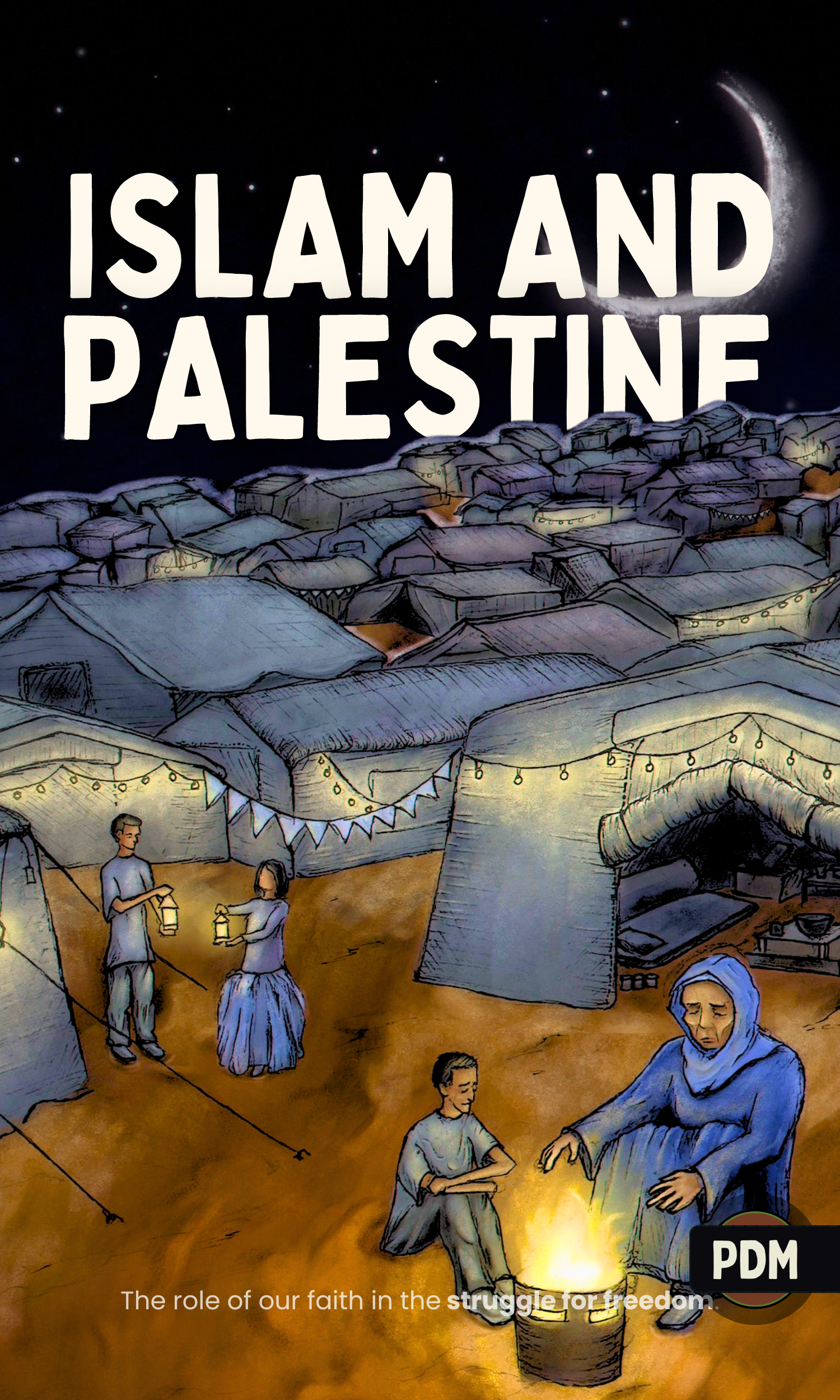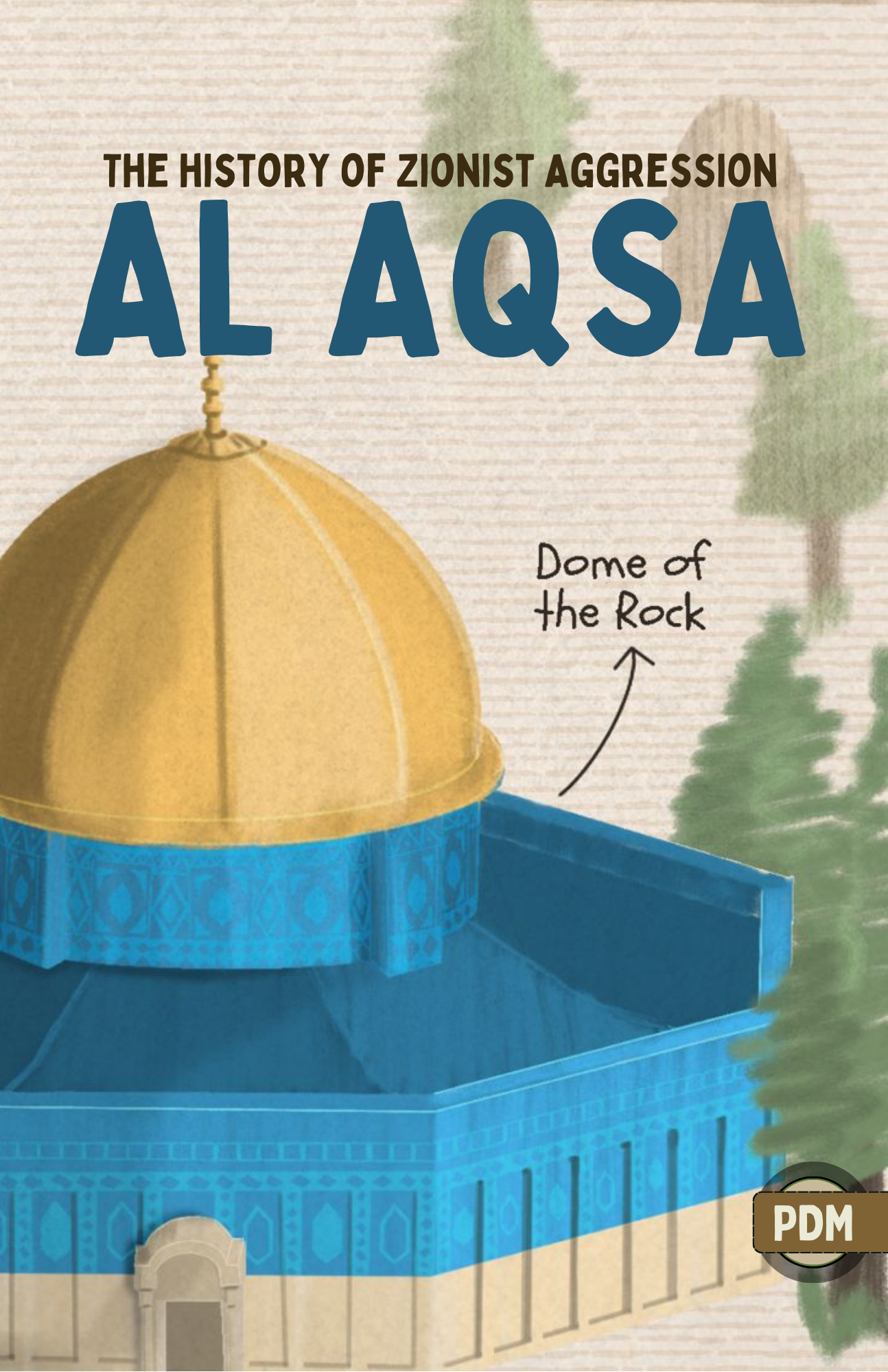Newsletter!
News brought to you by
the Palestinian diaspora.
Search and start reading!

Al Aqsa Intifada
The Al-Aqsa Intifada, which lasted from September 2000 to February 2005, was a Palestinian uprising driven by deep frustrations with Zionist colonization and failed ‘peace’ talks.
Over the course of 4 years, more than 4,464 Palestinians were murdered, including 1,262 children, 274 women, and 32 medical personnel. Additionally, over 9,800 Palestinians were taken as hostages. The uprising left 47,440 people injured, 10,000 of whom were children.
In terms of property destruction, over 5,000 homes were demolished, and 6,500 more were damaged beyond repair. This intifada symbolized the Palestinian struggle against occupation and injustice.

Islam and Palestine
Islam is inseparable from the Palestinian identity, yet it does not exclude solidarity among Palestinians of other faiths. When families in Gaza face the loss of loved ones, they perform the Janaza prayer, seeking solace in the belief that martyrs are not dead but alive with their Lord, as described in the Quran: "Do not consider those who are slain in the path of Allah as dead; rather, they are alive and well-provided for by their Lord." (Quran 3:169).
However, the Zionist settler regime has imposed severe restrictions on the practice of Islam, particularly in accessing Masjid Al-Aqsa, the third holiest site in Islam. These restrictions are not just about limiting access to a place of worship but are part of a broader attempt to dominate and erase Palestinian presence in their own land.

Zionist Aggression of Al Aqsa
The Al-Aqsa Compound in Jerusalem, the third holiest site in Islam, is a focal point of Palestinian identity and resistance. It comprises the Dome of the Rock, where Prophet Muhammad (PBUH) ascended to heaven; the Qibli Mosque, the main place of prayer; and the Al-Buraq Wall, where the Prophet tethered his steed. However, under Zionist occupation, Palestinians face severe access restrictions and the threat of the mosque's foundation being undermined for the construction of a new Jewish temple. Al-Aqsa's preservation is vital for Palestinian identity and resistance against the forces of colonization and erasure.



